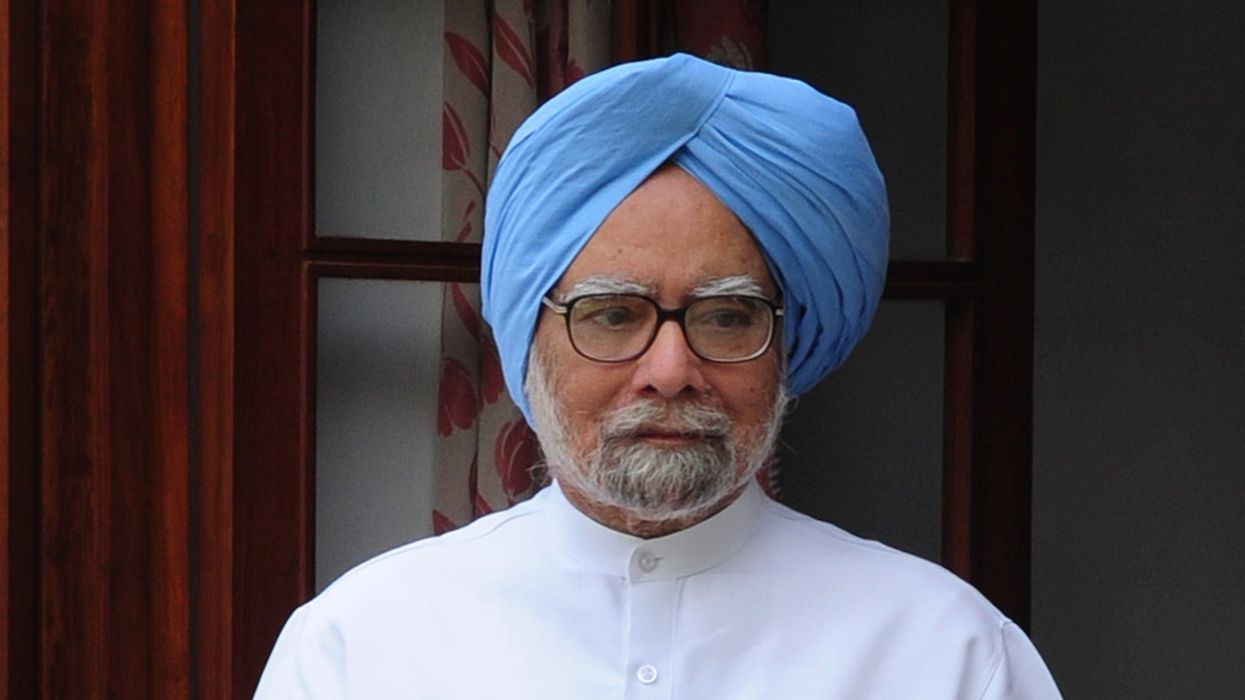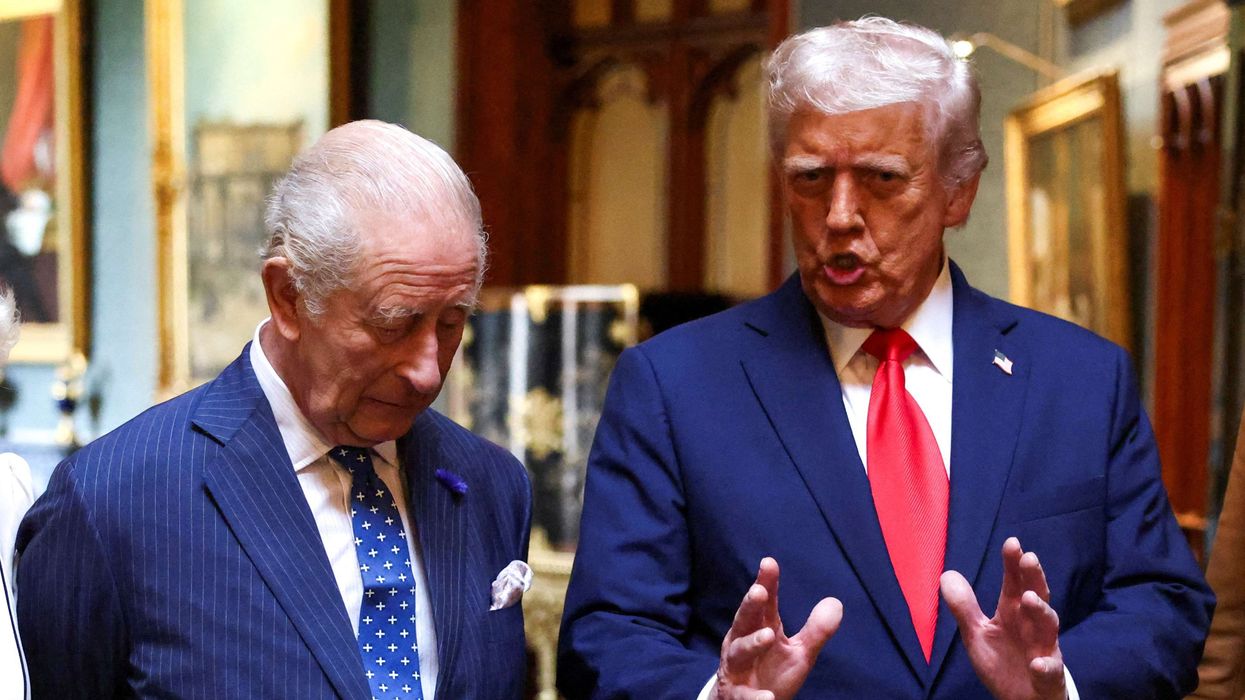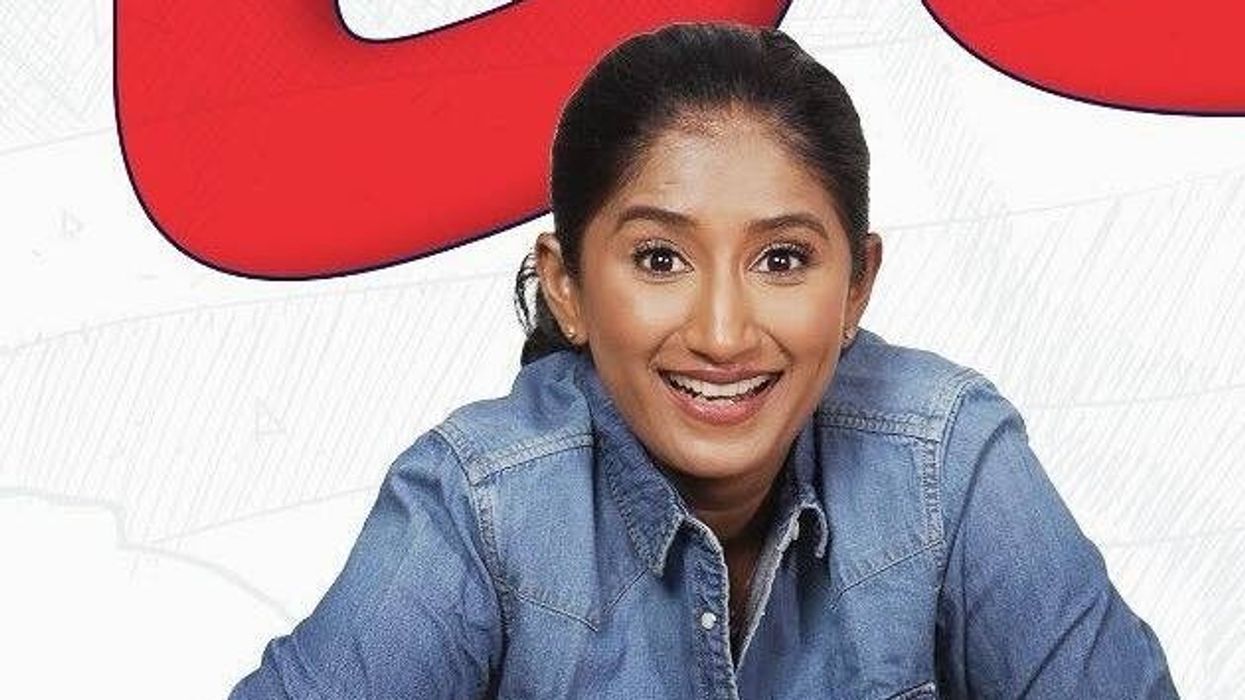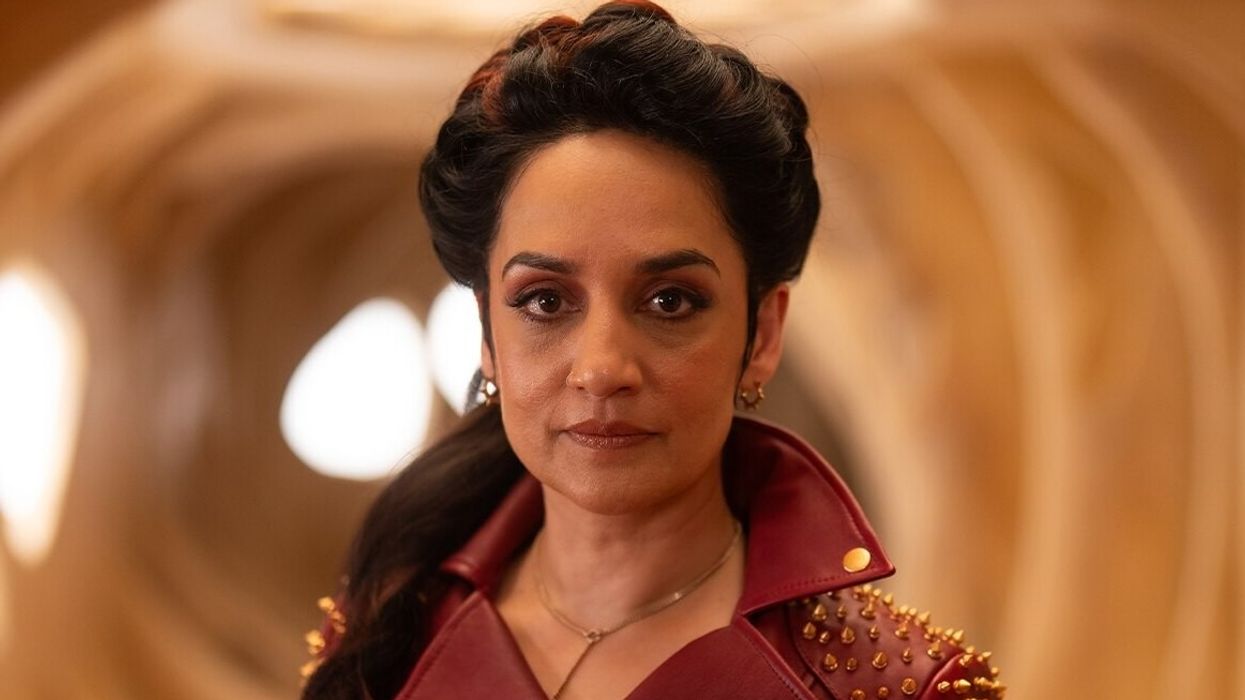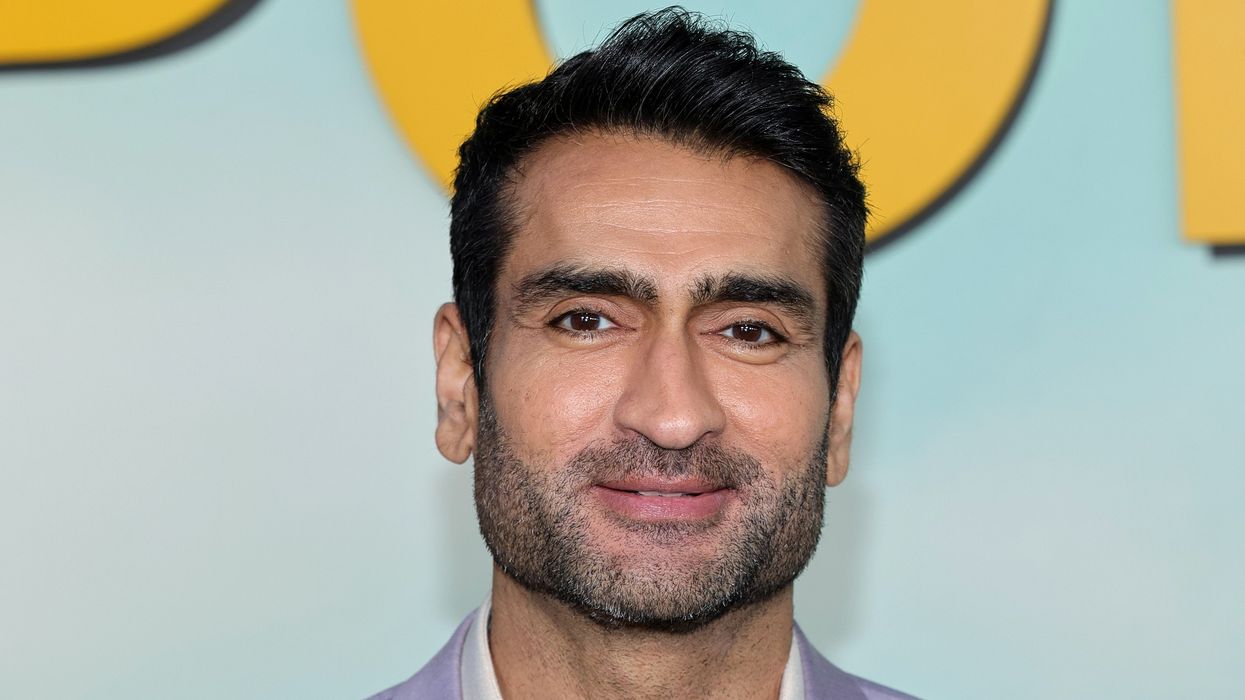DR MANMOHAN SINGH’S passing at the age of 92 on December 26 reminds me of my interview with the then prime minister of India in 2006 in Delhi. He told me his economic thinking had been shaped to a great extent by his time in Cambridge.
The man credited with opening up India to globalisation, serving as minister of finance from 1991 to 1996 under prime minister PV Narasimha Rao, said he viewed economics as a tool to help the poorest in society.
After studying at Punjab University, Singh attended Cambridge, earning a First in economics as an undergraduate at St John’s College from 1955 to 1957. He later returned to the UK to complete his PhD at Nuffield College, Oxford, from 1960 to 1962. Dr Singh, who served as prime minister from 2004 to 2014, received honorary degrees from both universities – Oxford in 2005 (“because it asked him first”) and Cambridge in 2006.
He (wrongly) assumed I would be familiar with The Economics of Welfare, an influential 1920 book by Arthur Cecil Pigou, who served as professor of political economy at Cambridge from 1908 to 1943.
“Well, I studied economics at Cambridge,” Dr Singh began. “It was the very famous Cambridge economist, AC Pigou, who said that when we study economics our impulse is not the philosopher’s impulse – ‘knowledge for the sake of knowledge’ – but for the healing that knowledge will help to bring. I have an opportunity to use my knowledge to soften the harsh edges of extreme poverty in India. That is a privilege for me.”
A few weeks later, I attended the ceremony when Cambridge conferred an honorary degree on him. Cambridge stressed in an official statement: “He is the most highly educated Indian prime minister in history.”
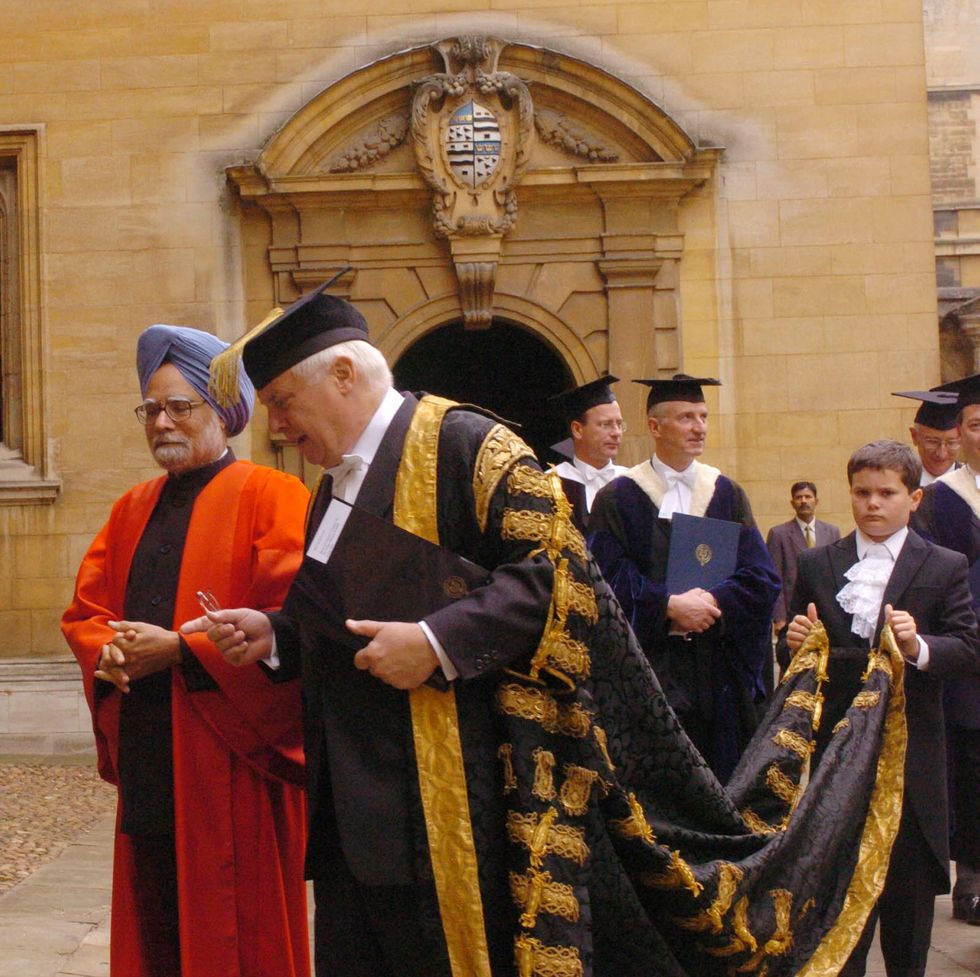
The prime minister addressed the senate gathering: “The colour light blue is one of my favourites and is often seen on my head. My memories of my days in Cambridge are deep. I was taught by teachers like Nicholas Kaldor, Joan Robinson, Maurice Dobb and Professor RCO Mathews. I have vivid recollections of the economist Pierro Sraffa working at the Marshall Library. In many important ways, the University of Cambridge made me.”
On a personal note, Dr Singh’s death has stirred memories for Cipla chairman Yusuf Hamied, who studied chemistry at Christ’s College, Cambridge, from 1954 to 1957, earning a First, and stayed on to complete his PhD in 1960.
One of Hamied’s contemporaries at Christ’s was Swaranjit Singh, a cricketing Blue (as he had played against Oxford). Since he was a very shy man, Hamied took the initiative in introducing him to a German girl, Irmengard, at a local dance. Six months later, the couple were married at a registry office in Chesterton Road.
“It was a quiet wedding on September 28, 1956,” recalled Hamied. “I was one of the witnesses. Manmohan was the other. Because of my friendship with Swaranjit, I met Manmohan. The two sardars were friends – there were not too many turbanned sardars in Cambridge at the time.
“I did not meet Manmohan again until March 2005, when I was awarded the Padma Bhushan by President Abdul Kalam. Manmohan, who was then prime minister, said, ‘Ah, yes, I remember,’ when I reminded him that he had been a witness at Swaranjit’s wedding. His Cambridge connection truly carries a lot of history.”
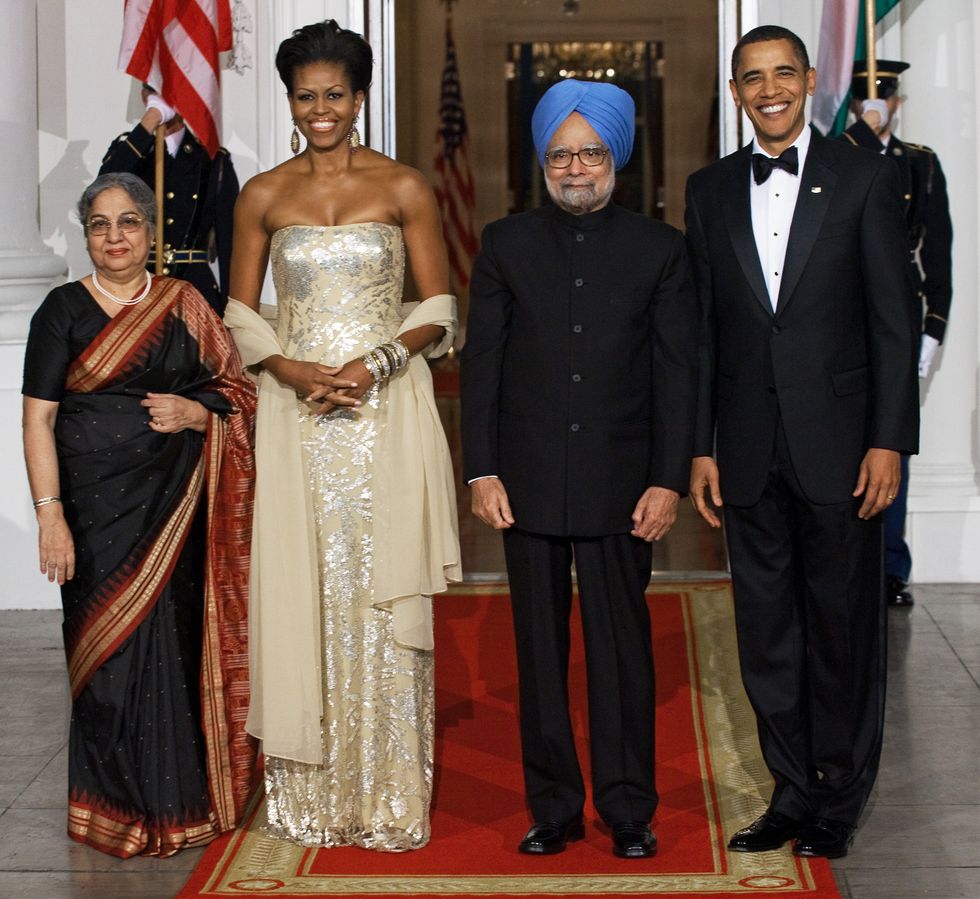
When Swaranjit died in 2019, his son, Ranjit, now 56, received a letter of condolence from Dr Singh on behalf of himself and his wife Gursharan: “Swaranjit was a great friend of ours and in his death you have lost a wonderful father and we have lost a very dear friend.”
My interview with Dr Singh very nearly did not happen. “We’ll try next time,” the prime minister’s media adviser, Sanjaya Baru, would say each time I submitted a request on behalf of the Daily Telegraph in London. Subsequent events indicated Baru did not want anything that might reflect well on the prime minister. But I had an ally in Kamal Nath, who came frequently to London as he was the cabinet minister handling commerce and industry.
“Not to worry,” he said. “The prime minister is addressing a conference at the Taj Hotel. As he leaves, I will take him down a corridor where I will arrange for you to meet him ‘by chance’. Have your questions ready.”
It wasn’t easy to get through several levels of security, especially with my tape recorder, but the prime minister appeared aware of the game being played and gave me about half an hour. Baru was not pleased when he found out: “You’ve been very cunning.”
Dr Singh felt betrayed in 2014 when Baru published The Accidental Prime Minister: The Making and Unmaking of Manmohan Singh, a less than flattering portrait of his former boss.
The book alleged that Dr Singh was not entirely in control of his cabinet – or even the Congress party’s president Sonia Gandhi, to whom the prime minister was apparently completely “subservient”.
“There cannot be two centres of power,” Baru claimed Dr Singh told him. “That creates confusion. I have to accept that the party president is the centre of power. The government is answerable to the party.”
Dr Singh issued a statement on the day The Accidental Prime Minister was released, rejecting the memoir’s credibility: “It is an attempt to misuse a privileged position and access to high office to gain credibility and to apparently exploit it for commercial gain. The commentary smacks of fiction and coloured views of a former adviser.”
In my interview, I had asked Dr Singh whether he had picked up any tips as an economics student at Cambridge. After all, as leader of the multiparty government, the United Progressive Alliance, he has to reconcile the conflicting demands of India’s corporate sector, which wanted him to quicken the pace of economic reform, and the Left, which was worried about the consequences of free market policies on the most vulnerable sections of society.
At Cambridge, the young Singh had been influenced by Joan Robinson, who “propounded the leftwing interpretation of Keynes” and “was a great admirer of what was going on in China”, while Nicholas Kaldor was “pragmatic, scintillating, stimulating” and “used the Keynesian analysis to demonstrate that capitalism could be made to work”.
Singh, who was close to both teachers, admitted he was “exposed to two alternative schools of thought” and that “the clash of thinking sometimes got me into difficulties”.
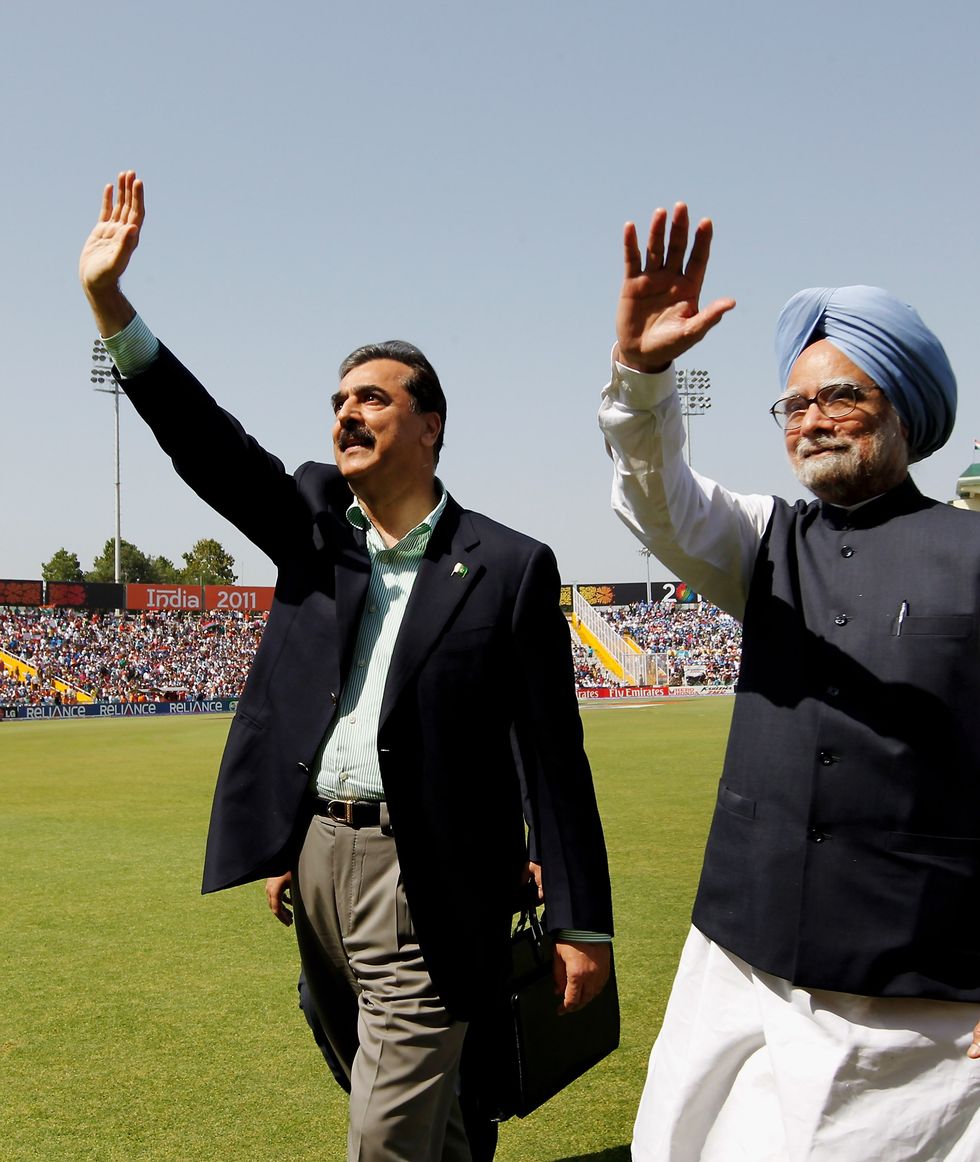
In October 2006, I heard him address the senate when Cambridge gave him an honorary Doctor of Law.
He made it clear he had friends from all parts of the subcontinent: “It was here that I became a contemporary of Amartya Sen, Jagadish Bhagwati, Mahbubul Haq and Rehman Shobhan – all renowned economists from south Asia who became lifelong friends. My teachers and my peers in Cambridge taught me to be open to argument and to be fearless and lucid in the expression of one’s opinions.
“These virtues, and a relentless desire to pursue intellectual truth were inculcated in me at Cambridge. In many important ways, the University of Cambridge made me.”
He said: “I am certainly not the only Indian who is thus indebted to this university. Jawaharlal Nehru was at Trinity as was his grandson, Rajiv Gandhi. Both became prime ministers of India. I am thus the third prime minister of India to have come out of Cambridge.”
Singh set out his quest to lift people out of poverty: “When I came up to Cambridge in the mid1950s, the cold war had frozen the world into two blocs.
“Today the world appears radically altered. The cold war is history. A new age of freedom has harnessed new technologies that have transformed production and communication. The dismantling of state control has unshackled economic forces. More countries are now integrated into a global economic system in which trade and capital flow across borders with unprecedented energy. The age of freedom is also the age of economic growth. Prometheus has truly been unbound.
“In many parts of the developing world, especially India and China, per capita incomes are doubling or are expected to double over every decade. This will lift millions of people out of poverty.
“In my own country, the economic reforms we initiated in the early 1990s have made our economy more competitive. Indian business is responding to new market opportunities.
“India’s growth is underpinned by a vibrant and growing entrepreneurial class. Indian youth is keen to get into technical and scientific institutions – helping India gain salience as a knowledge-based economy. Our country, I believe, is now on growth path of seven to nine per cent per year, while maintaining price stability. The proportion of people living below the poverty line is declining.”
But he also warned: “The gap between the rich and the poor is widening. This, coupled with the inability of the public sector to provide adequate and quality services in health and education, and cater to the needs of the poor, is causing resentment and alienation. This is nurturing divisive forces and putting pressure on the practice of democracy.”
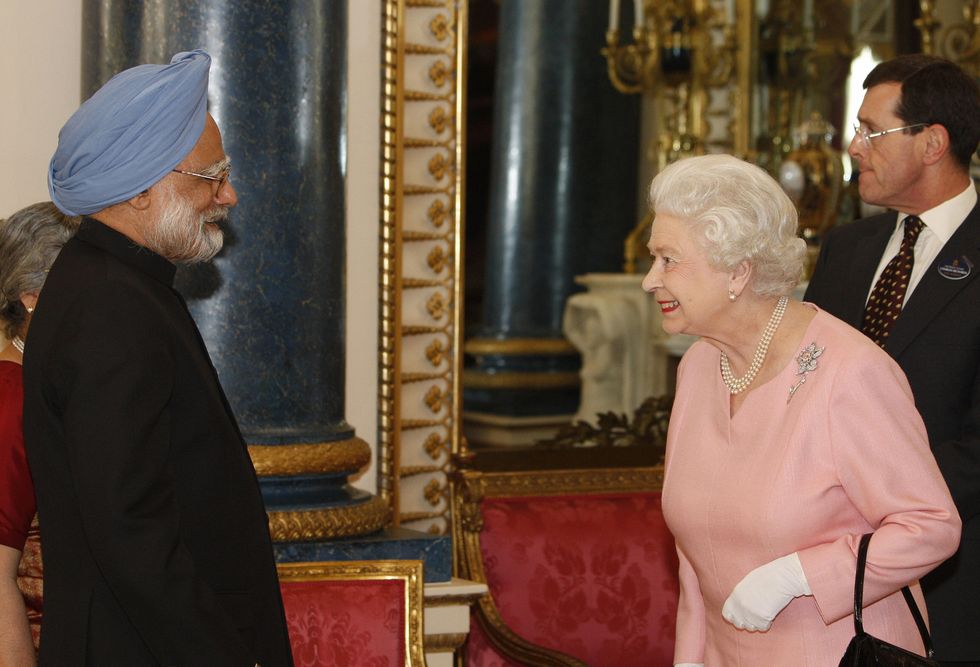
His words might explain today’s migration crisis, the rise of the far right across Europe or possible trade wars with Trump’s America.
“As Jawaharlal Nehru said in his address to the Canadian parliament in 1949: ‘There can be no security or real peace if vast numbers of people in various parts of the world live in poverty and misery. Nor can there be a balanced economy for the world as a whole if the underdeveloped parts continue to upset that balance and drag down even the more prosperous nations.’
“The best efforts to eradicate poverty will be in vain and can be defeated if our societies and nations are threatened by the spectre of terrorism and extremism. Open societies like India and Britain are more vulnerable to this threat. The very openness of our societies makes us more vulnerable. Yet we must fight terrorism without losing the openness or the rule of law that guarantees the freedom of the individual.
“You may well wonder why I have expressed these thoughts at this forum. Before the First World War, a young man from Allahabad came up to Trinity via Harrow. After the Second War, a simple young Indian came to St John’s from an obscure university in Punjab. Cambridge University embraced both. This inclusive character of my alma mater emboldened me to speak to this august gathering about inclusive globalisation.”
In my interview, Dr Singh had talked of UK-India relations: “I hope I will be able to induce British business to take a more vigorous, more dynamic, more aggressive interest in investing in India.
“India’s need for investments is enormous. We are growing at the rate of about eight per cent per annum. Our ambition is to ensure that our economy grows at the rate of about 10 per cent per annum and that means that we will need to invest about 32-34 per cent of our GDP. We are currently investing about 30 per cent.
“Our effort is to ensure that India has a world class infrastructure,” he said. “That includes ports, airports, roads, the transport services, that includes a lot more investment in the power sector and other related energy systems. These are our highest priorities. We also want our financial services system to be liberalised and expand. All these are areas in which I believe that the United Kingdom has distinct capabilities which can be harnessed to our mutual advantage.”
Dr Singh was widely seen as a wise man. After the 2008 Mumbai massacre, he resisted pressure to take military action against Pakistan.
In 2023, this prompted the New York Times writer Thomas L Friedman to tell Israel to learn from Dr Singh’s example: “I am watching the Israel-Hamas war and thinking about one of the world leaders I’ve most admired: Manmohan Singh. He was India’s prime minister in late November 2008 when 10 Pakistani jihadist militants from the Lashkar-e-Taiba group, widely believed to be linked to Pakistan’s military intelligence, infiltrated India and killed more than 160 people in Mumbai, including 61 at two luxury hotels. What was Singh’s military response to India’s Sept. 11?”
Friedman answers his own question: “He did nothing.”
He continued: “Singh never retaliated militarily against the nation of Pakistan or Lashkar camps in Pakistan. It was a remarkable act of restraint. What was the logic? In his book Choices: Inside the Making of India’s Foreign Policy, India’s foreign secretary (the most senior civil servant in India’s external affairs ministry) at the time, Shivshankar Menon, explained, making these key points:
“‘I myself pressed at that time for immediate visible retaliation’ against the jihadist bases or against Pakistani military intelligence, ‘which was clearly complicit,’ Menon wrote. ‘To have done so would have been emotionally satisfying and gone some way toward erasing the shame of the incompetence that India’s police and security agencies displayed.’
“He continued, ‘But on sober reflection and in hindsight, I now believe that the decision not to retaliate militarily and to concentrate on diplomatic, covert and other means was the right one for that time and place.’”
